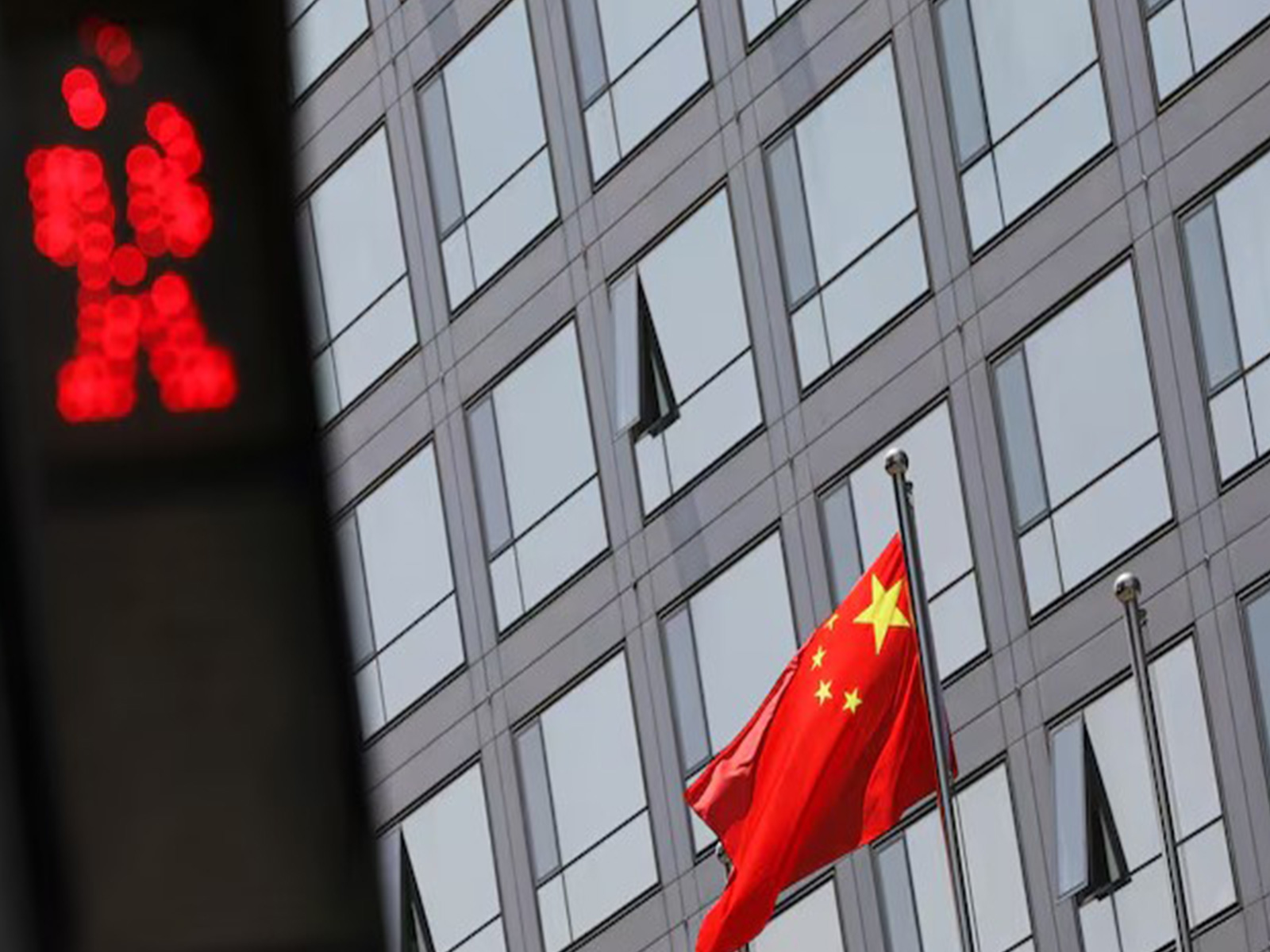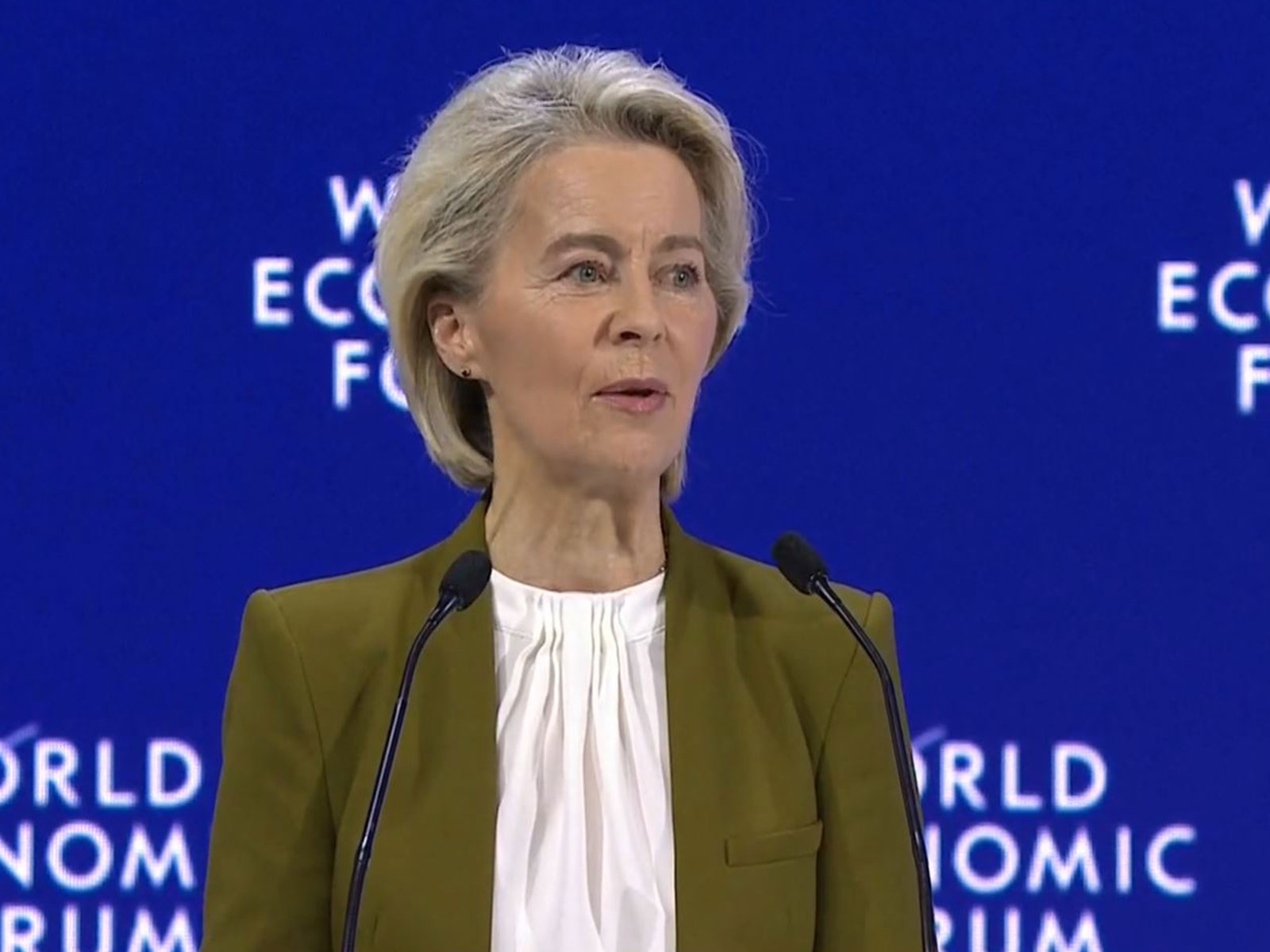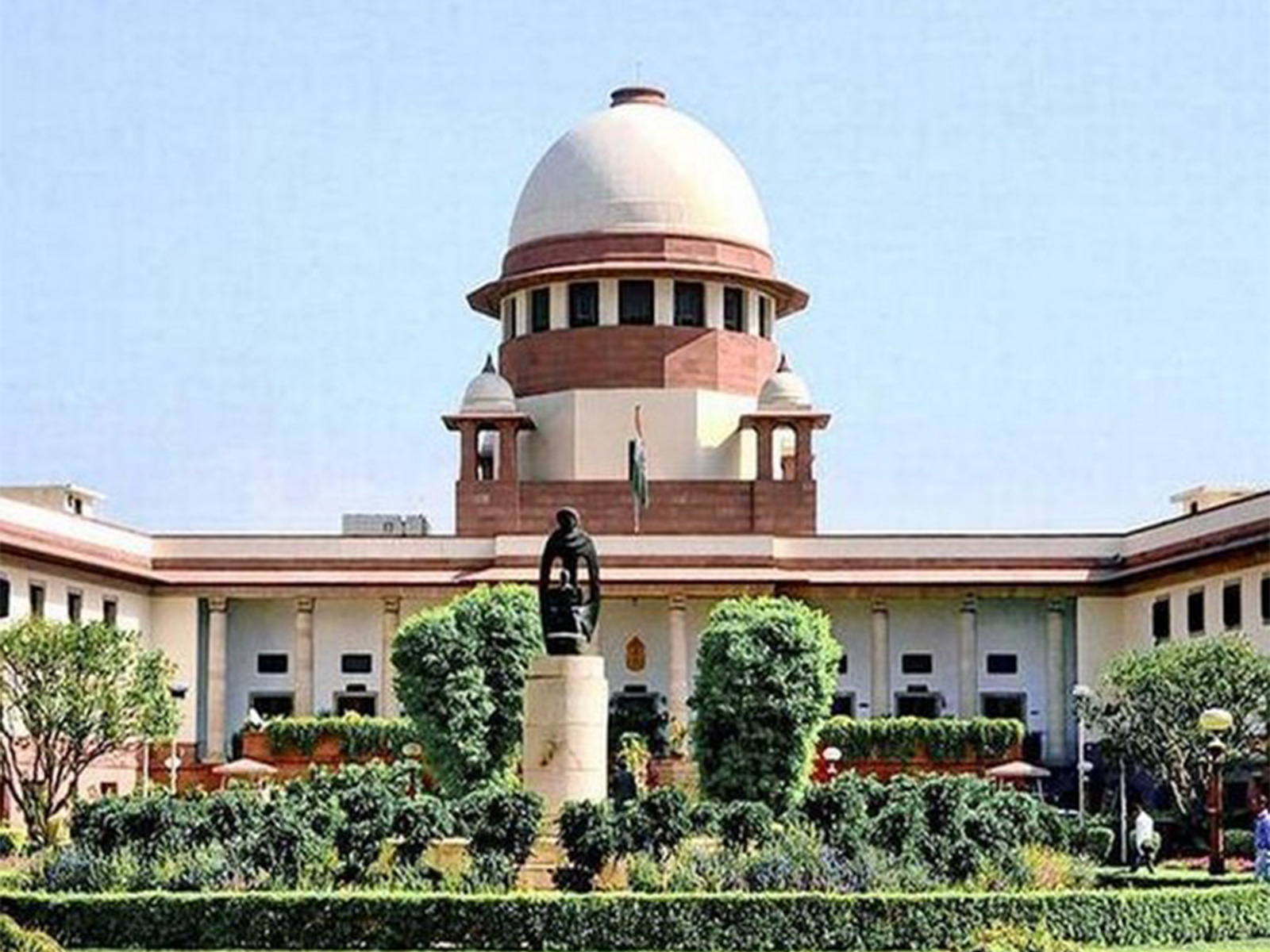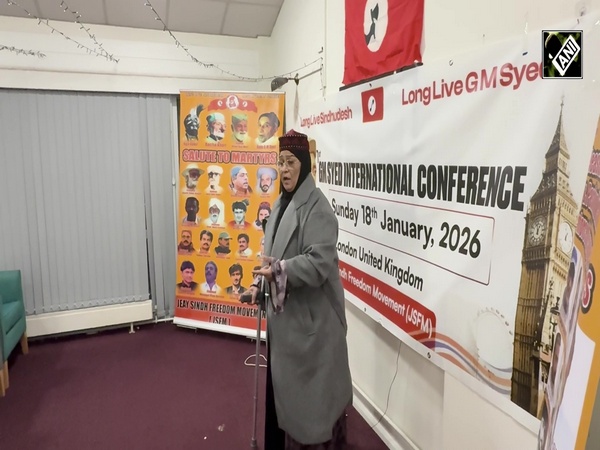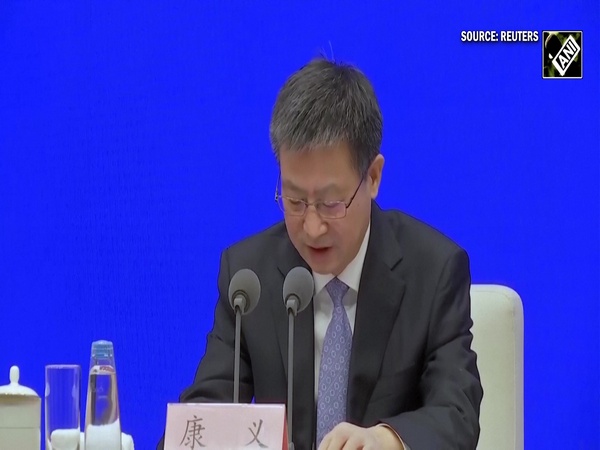US top panel urges removing barriers on visa for Hong Kong dissidents
Dec 02, 2020

Washington [US], December 2 : The United States top panel on Wednesday recommended to the Congress to remove barriers on US visa rule for Hong Kong residents, who are attempting to flee in fear of political persecution.
While giving a list of recommendations, the United States-China Economic and Security Review Commission (USCC) in its report '2020 Report To Congress of the US-China Economic and Security Review Commission' said, "The Commission recommends that the Congress direct the Administration to identify and remove barriers to receiving United States visas for Hong Kong residents attempting to exit Hong Kong for fear of political persecution."
It further urged the Congress to consider "legislation extending political asylum to residents of Hong Kong-born on or after June 30, 1997, who currently cannot apply for a second form of identification beyond a Hong Kong Special Administrative Region passport".
"Congress direct the Office of the U.S. Trade Representative to produce a report within 90 days assessing the risk of mainland China using Hong Kong to evade or circumvent Section 301 trade enforcement actions or other U.S. trade remedies," the panel recommended.
Speaking on the draconian national security law imposed in Hong Kong, the panel said, "On June 30, 2020, China's government passed national security legislation for Hong Kong without regards for the rights of the people of Hong Kong or Beijing's international treaty commitment to grant Hong Kong a "high degree of autonomy." In a bold assertion of power, the Chinese government took steps to implement the national security law immediately after passing it, quickly changing the political, economic, and security landscape for Hong Kong and its citizens."
"The CCP appeared to judge the benefits of implementing the law would outweigh any potential costs imposed by the international community. This move reflected the CCP's growing tolerance for risk and disregard for international condemnation of its actions," it said.
The report further said, "In implementing the law, Beijing violated its legal obligations to Hong Kong and the international community. This act ended Beijing's "one country, two systems" policy that guaranteed Hong Kong a "high degree of autonomy" as enshrined in the 1984 Sino-British Joint Declaration and Hong Kong's mini-constitution, the Basic Law."
"Beijing's implementation of the national security law removed any semblance of Hong Kong's historical freedom of expression and rule of law, both of which have sustained the territory's position as one of the largest global financial centers," it added.
In a move to curb dissent in Hong Kong, the draconian national security law was enacted in June to crackdown on anti-government demonstrations.
The national security law imposed by Beijing on Hong Kong criminalises any act of secession (breaking away from China), subversion (undermining the power or authority of the central government), terrorism and collusion with foreign forces, with punishments of up to life in prison. It came into effect from July 1.

